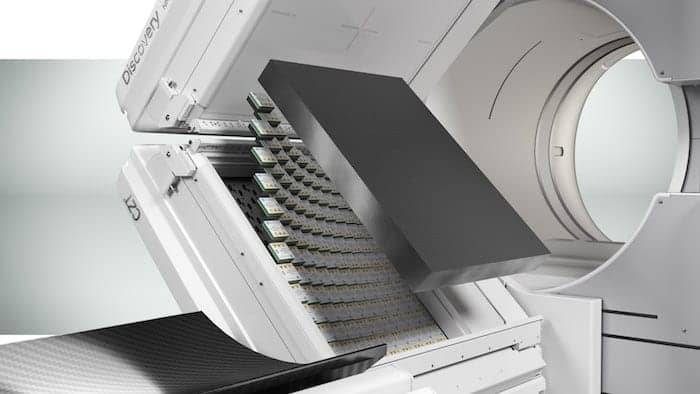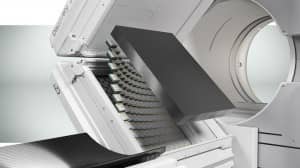The global single-photon emission computed tomography (SPECT) market is projected to grow to $1.5 billion by 2021, at a compound annual growth rate of more than 5% during the forecast period, according to market research firm Technavio.
The report provides an in-depth analysis of the market in terms of revenue and emerging market trends, and also includes forecasts for various market segments and all geographical regions.
SPECT is a nuclear medicine tomographic imaging technique that involves the generation of images using gamma radiation. The ability of nuclear imaging techniques to detect molecular activity in the body and diagnose diseases in their earliest stage accurately is expected to impact the growth of the global SPECT market positively.
Based on application, the report categorizes the global SPECT market into cardiology, oncology, general imaging, and neurology.
“The cardiology segment of the SPECT market is responsible for generating around 35% of the overall revenue,” says Srinivas Sashidhar, a lead analyst at Technavio for medical imaging research. “Cardiac SPECT scans are mainly conducted for the detection of coronary artery diseases, percutaneous coronary intervention, and other cardiac abnormalities.”
Increased consumption of alcohol and hypertension are some of the major factors contributing to the high demand for cardiac SPECT imaging. Technological advances allowing for faster scan results, reduced motion artifacts, increased sensitivity, and improved image quality are leading to the growth of the market segment.
SPECT scanners are mainly used in the oncology for the timely detection of cancers, such as lung cancer, breast cancer, colon cancer, and prostate cancer. The rising incidences of various types of cancers have increased the adoption of SPECT scans in the oncology. Currently, the multislice integrated SPECT/CT scanners introduced by GE Healthcare has accelerated market growth.
General imaging of the breast tissue is one of the most widely adopted techniques in the general imaging market segment, as SPECT imaging provides details that other techniques such as mammography or ultrasound cannot provide. GE Healthcare holds the maximum share of this market space, followed by Siemens Healthineers and Philips Healthcare, according to the report.
For more information, visit Technavio.





